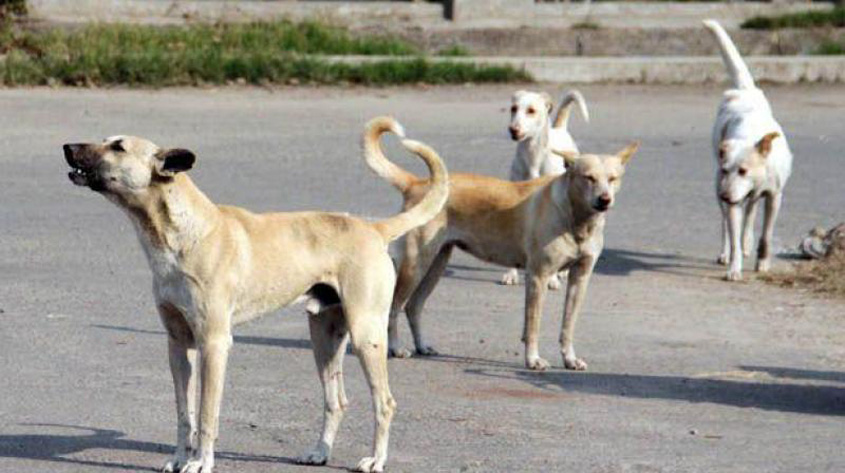The failure of the municipal corporations here to implement the Animal Birth Control Programme (ABC) effectively has led to a rise in the “menace” of stray animals, mostly dogs, in the national capital.
Abhinav Srihan, member of the Animal Welfare Board of India, told The Sunday Guardian that stray animals had never been a menace, “It is the failure of the municipal corporations to implement the ABC programme effectively that has led to such problems.”
The Municipal Corporations of Delhi (MCD), overloaded with citizens’ grievances related to the “menace” of stray dogs in their colonies, have apparently failed to do much about controlling the stray dog population of the city. In fact, none of the three MCDs even has data on the number of dogs living in Delhi.
Mandy Seth, president of Friendicos, an NGO looking after stray animals, told this newspaper, “The MCDs need to do much more to control the population of dogs. The East Delhi Municipal Corporation has not paid us for over a year for the sterilisation work we had been doing. The exercise involves expenditure, but if they do not pay the NGOs responsible for sterilising dogs, they would stop doing their job. This would lead to a rise in the number of dogs. East Delhi is now flooded with stray dogs, while South Delhi has controlled the population of these animals, because they use their funds for the same.”
The Supreme Court heard a bunch of petitions by several organisations earlier this week, seeking to kill all stray dogs. However, the Supreme Court denounced all such pleas, saying: “Nobody can destroy stray dogs in entirety. They also have a right to live.”
One of the petitioners in the case, Dr Rosario Menezes, president of People for Elimination of Stray Troubles (PEST), told The Sunday Guardian, “We are not calling for the killing of stray animals. What we have been saying is that stray animals should be moved to the shelter where they can live and be fed properly and not left on the streets as this makes them aggressive.”
He further added that stray animals/dogs do have the right to live, but they do not have the right to bite anybody.
“Every day, we have cases of dog bites from somewhere or the other. In all, 20,000 people die every year due to rabies and over 1.5 million people are affected by dog bite every year in this country, according to data of the Association for the Prevention and Control of Rabies in India. We do not want a society where children are not safe from dogs or are susceptible to dog bites anytime. We want these dogs moved to shelter homes and taken proper care of by the municipal corporations of each city. It is their job to do it, but they have been failing to do that for years now.”
On the other hand, Abhinav Srihan, member of the Animal Welfare Board of India, said that it is the anti-dog behaviour of humans towards dogs that makes dogs aggressive.
“Not only this. The MCDs even fail to address requests for sterilisation, and some even charge the complainant, when the MCD already has the allocated budget for the same. Territorial change for the dogs, which are often left back at unknown locations after sterilisation, makes them aggressive. If these problems are addressed, there would not be any more problems,” Abhinav added.

